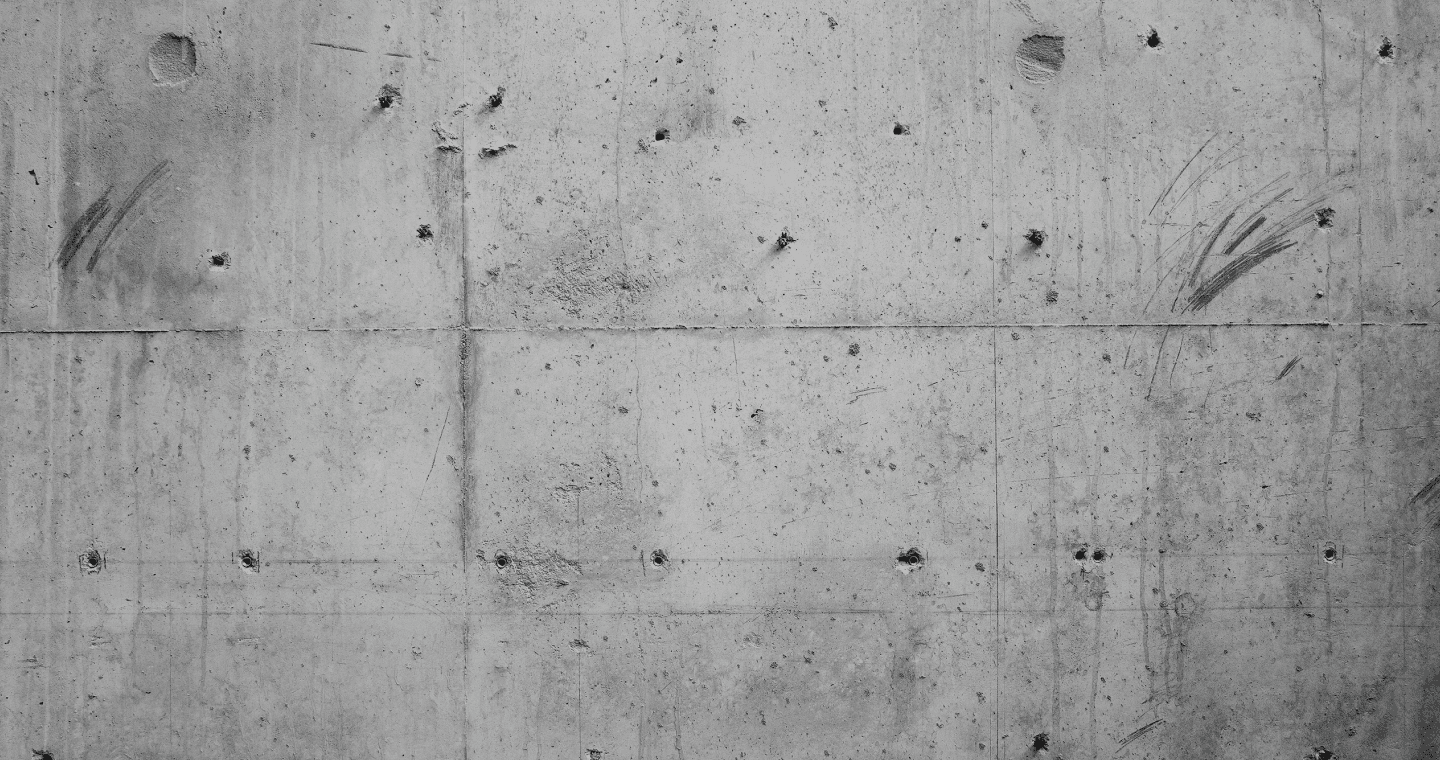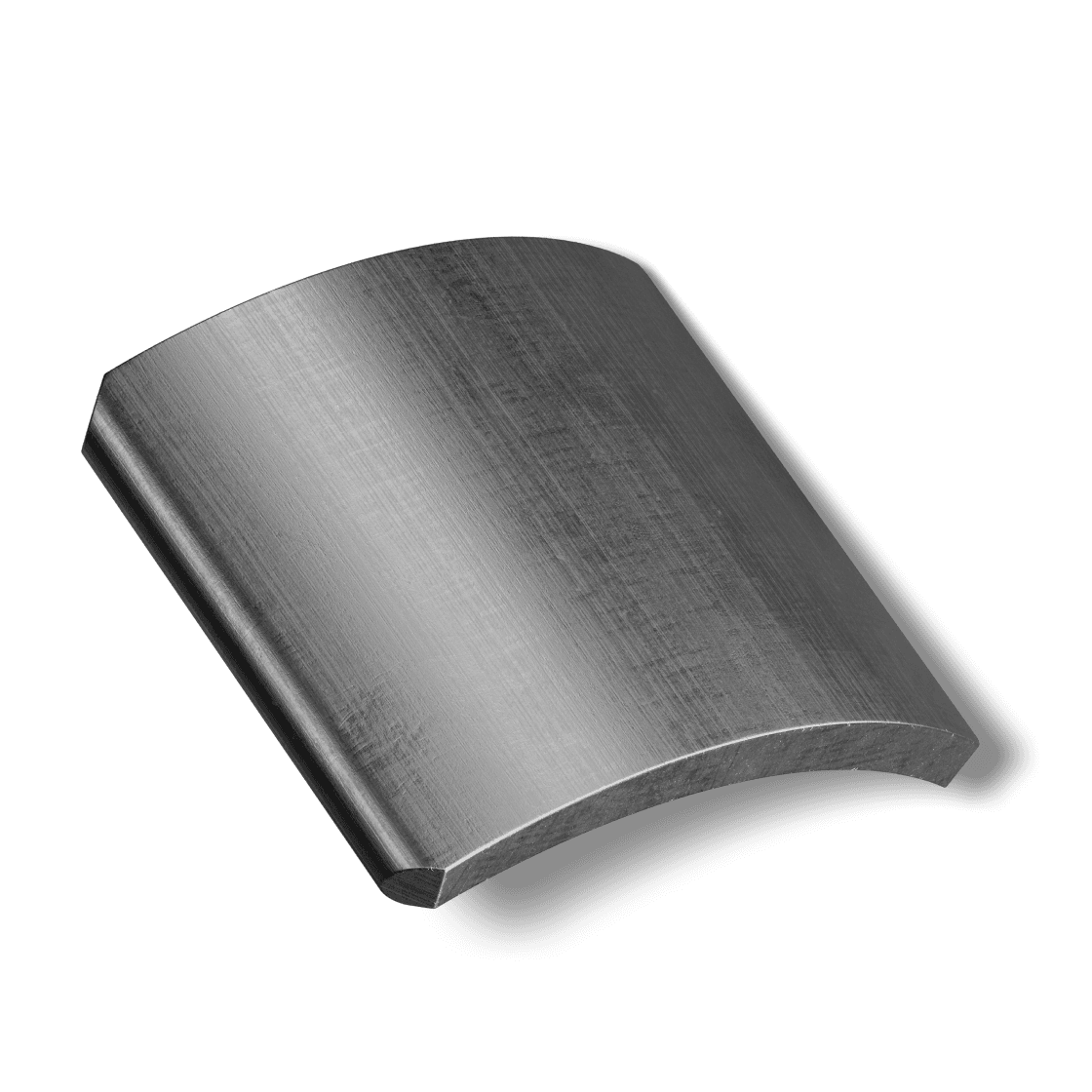Iron oxide, barium oxide or strontium oxide
Sintered
Versatile, see data sheet
Product
More cost-effective than SE magnets
Although the applications of NdFeB magnets are becoming more comparable, the market share of ferrite magnets remains very high. Ferrite magnets are used in a wide variety of applications, such as speakers, engines and generators. The cost-effective production and the absence of a need for additional coating make them a popular choice.
Cost-effective
Corrosion-resistant
Acid-resistant
General
Special material
Barium and strontium ferrites, in terms of hardness and brittleness, are akin to a ceramic material. They consist of approximately 90% iron oxide (Fe2O3) and about 10% alkaline earth oxide (BaO or SrO). Oxide ceramic is relatively resistant to moisture, solvents, alkalis, weak acids, salts, lubricants and harmful gases. They are shaped by wet or dry pressing, isotropically or in a magnetic field with anisotropic magnets. This gives the magnet a preferred direction and thus achieves a significant improvement in remanence. Smaller magnet geometries are usually produced by dry pressing. To increase the surface density, ferrite ring magnets can be aligned polar anisotropically in the tool.
Chemical Resistance
Largely Resistant
Tartaric acid
Citric acid
Alcohols
Inorganic acids
Gasoline
Conditionally Resistant
Uric acid > 10%
Sulfruric acid diluted
Nitric acid diluted
Citric acid
Ammonia
Not Resistant
Saltpeter
Hydrochloric acid
Acids and alkalis
Sulfuric acid
Fluoric acid
PRODUCTION PROCESS
Sintered hard ferrite magnets
For sintered hard ferrite magnets, the material mixture and the microstructure are crucial. They influence the magnetic properties. The pressing in a magnetic field enables a wide variety of geometries.
NOTE
Hard ferrites, being a ceramic material, are very brittle and hard. Pressing in a magnetic field allows for radial alignment in certain geometries. Material usage can be minimized through compression moulding.
TECHNICAL DATA
What the sintered hard ferrite magnet can do
Hard ferrite magnets are cost-effective, resistant to most liquids and do not require any coating.
Ferrite dry pressed, isotropic
Ferrite dry pressed, anisotropic
Ferrite wet pressed, anisotropic

Further Questions? Talk to an Expert!

